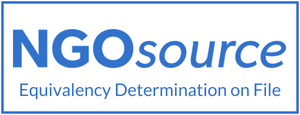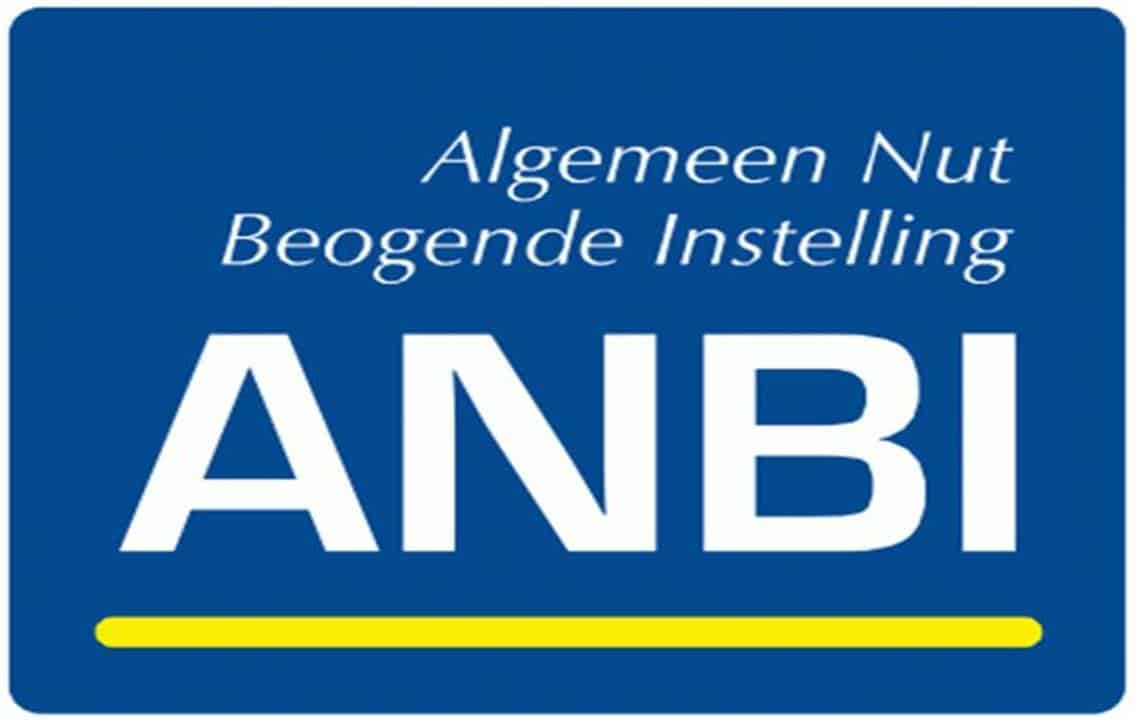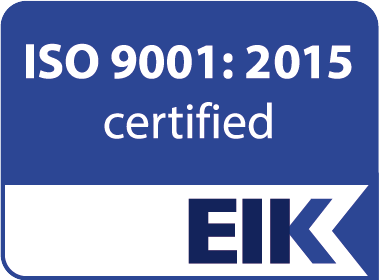By Yasmine Haloui*
On the 25th of July, the President of the Tunisian Republic, Kais Saied, froze parliament for 30 days, fired Prime Minister Mechichi, and took over executive powers. Was it a coup? Was it legitimate? Is Tunisia still democratic? These questions seem to be the ones haunting international experts and Tunisian politicians in their attempts to make sense of the unfolding events. But those who care to listen to what matters to Tunisians will discover quite a different discussion around legitimacy and democracy.
Over the past 10 years, Tunisians have been building a nascent democracy, institutionalizing free and fair elections, and installing democratic institutions that were meant to divide powers and hold those in power accountable. In 2019, when President Beji Caid Essebssi died, power was handed over peacefully and new elections organized. As a result, the world hailed Tunisia for its democratic accomplishments. But while the world and politicians hailed these democratic accomplishments, the majority of Tunisian women, men and, especially, youth, felt that the situation in the country and the quality of their lives in particular were deteriorating. They felt insecure.
Future prospects are hard to imagine and so many, especially among the youth, want to leave the country. Highly-educated youth are able to leave the country through formal channels. Youth without university degrees leave through informal routes: the “death routes”. In Tunisia, the minimum wage is set at 430 TND (129 EUR) per month, though the living wage has been pegged at 2400 TND (723 EUR) per month. This means that for a majority of Tunisians, daily life is a struggle. Stress, anger and frustration are a part of daily survival for most. Since 2011, corruption has become a phenomenon prevailing at all levels of state and society. This means that the unspoken rule in Tunisia is that if you have money, you can get things done and if not, then you are stuck. Once, education allowed citizens to climb the social ladder. If you ask young Tunisians nowadays, they will tell you that that ladder doesn’t exist anymore. Private education has become a flourishing sector and just another aspect of life in Tunisia that is strengthening feelings of inequality and deprivation. According to a study by the Tunisian Forum for Economic and Social Rights, 83% of young people consider Tunisian society a society that is rife with injustice.
In January 2021, youth went to the streets to protest police repression and violence. They were met with more violence: more than 1600 young people were arrested, of whom approximately 30% were minors. They were abused and tortured. The three parties forming the governing coalition, and under whom this violence was enacted, reacted by calling protesters thieves, criminals and scum. These reactions reminded Tunisians of the declarations of ex-dictator Ben Ali, who had also called the protesters of the 2011 revolution similar names. Tunisians noted how the state was increasing its use of police repression to deal with protests. On the 9th of June, in the neighbourhood of Sidi Hassine in Tunis, youth protested the suspected death of a young man in the police station of the neighbourhood. The protest evolved into confrontations between youth and security forces. Standing under a tree, a minor was grabbed, thrown to the floor, beaten by four members of the security forces and stripped naked by one of the men. He was then forced to walk a few metres in the middle of his neighbourhood to a police car. Disoriented, the young man tried to grab clothes and cover his private parts. Other than a declaration, no serious action was taken to bring the perpetrators to justice. These types of behaviours are not new: in 2018, police threw a young man into a pond and watched him drown, while telling him to ‘learn to swim’. The perpetrators have yet to be brought to justice.
In June and July of this year, the Covid 19 crisis in the country worsened to such an extent that the health system collapsed. No beds were available in hospitals, with patients having to sit on chairs or on the floor. Oxygen was in short supply, with civil society and Tunisians abroad having to mobilize to buy and transport oxygen concentrators to prevent patients from literally suffocating to death. Meanwhile, Prime Minister Mechichi was in a 5-star hotel for the weekend. “Act as though we don’t have a government”, was what a doctor screamed to people when patients had to be transported out of his hospital because of the lack of oxygen.
What Tunisians have learned from the past few years, and especially from the Covid 19 crisis, is that their state is unable to protect them and unable to offer them security. Worse still, they have discovered that a large proportion of those in power are uncaring about the common man. Their priorities, instead, have included the safeguarding of alliances by enabling a free rein of violence in parliament to hold on to power at any cost.
The democratic transition of Tunisia has been scarred, among others, by a non-independent judiciary, the illegal financing of election campaigns, secret security apparatuses, the killing of two politicians, and the lynching of an opposition figure by militias. Ordinary Tunisians initially saw these as political ‘issues’ – to be tackled by politicians and human rights organizations – and not of their concern. However, what was seen as ‘political’ – the ill-governance, the corruption and the impunity – inevitable trickled down into the everyday life of ordinary Tunisians, affecting their human security. For 10 years, they bore what they could. But sometime towards the end of July 2021, those red lines were crossed.
Usually, in Tunisia, the pace of the summer season is slow. Working days are shorter, people avoid activities during the warm and long afternoons. They enjoy the beach, getting together, celebrating weddings and going to festivals. Traditionally, winter is the season when Tunisians go to the street to express their anger and grievances. Historically, January is the month during which protests and revolts take place. But on July 25th, the situation was deemed by Tunisians to be so unbearable that they took to the streets under an excruciating 40°C midday sun to express what they felt: that things could not carry on as they had. What many fail to recognize is that a democratic state that is incapable of or not interested in safeguarding the human security of its citizens is useful only to the few who benefit from the system, in the process becoming meaningless, useless, and illegitimate to all other citizens. What Tunisians are teaching the world is that human security is no less important than regular free and fair elections.
* Yasmine Haloui is the MENA coordinator for Human Security Collective (HSC). She is Dutch–Tunisian, and lives in Hammamet, Tunisia. With HSC, Yasmine has focused her activities around empowering youth from more than a dozen governorates in the country to be inclusive leaders. Yasmine is an anthropologist with a keen interest in understanding the perceptions of people around her.




